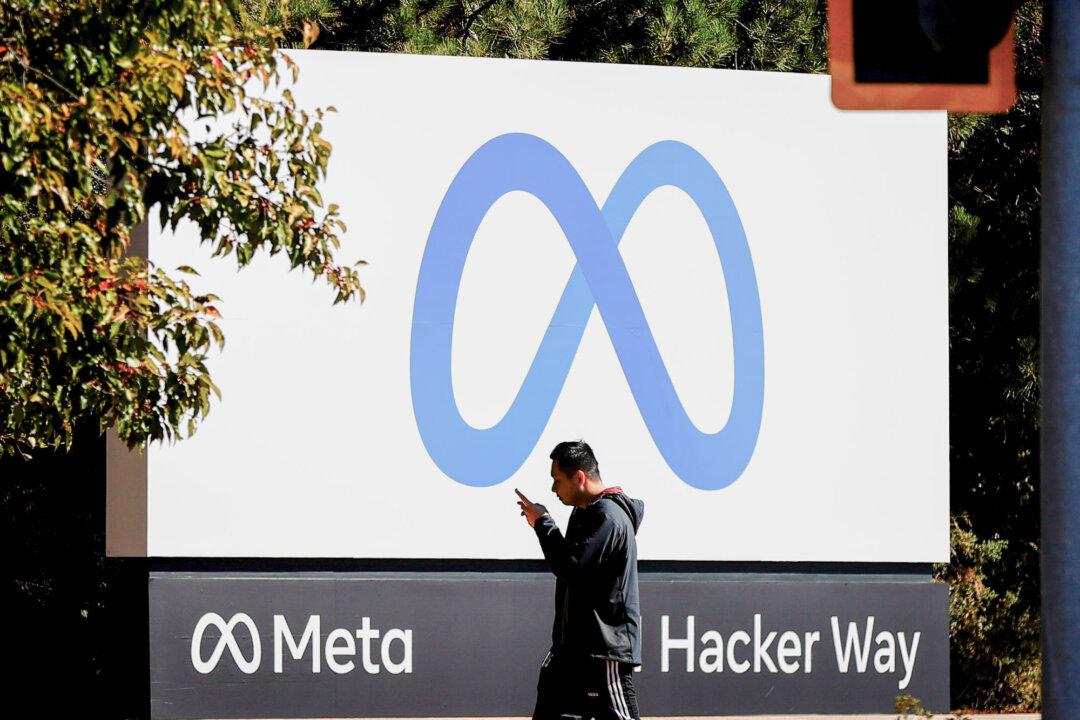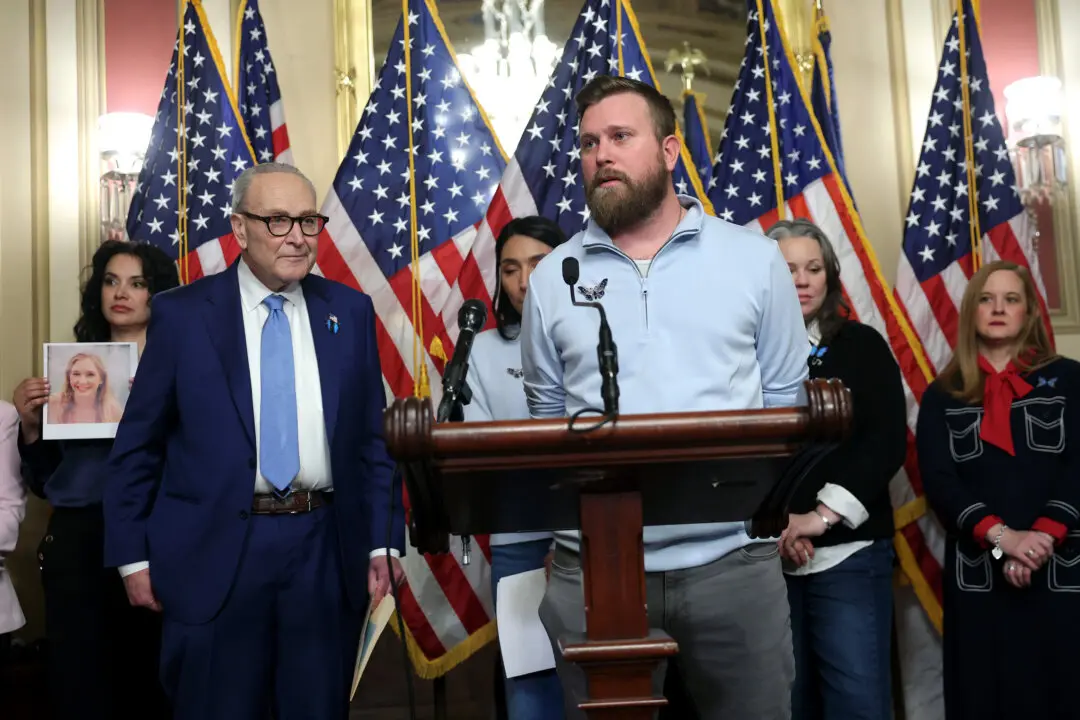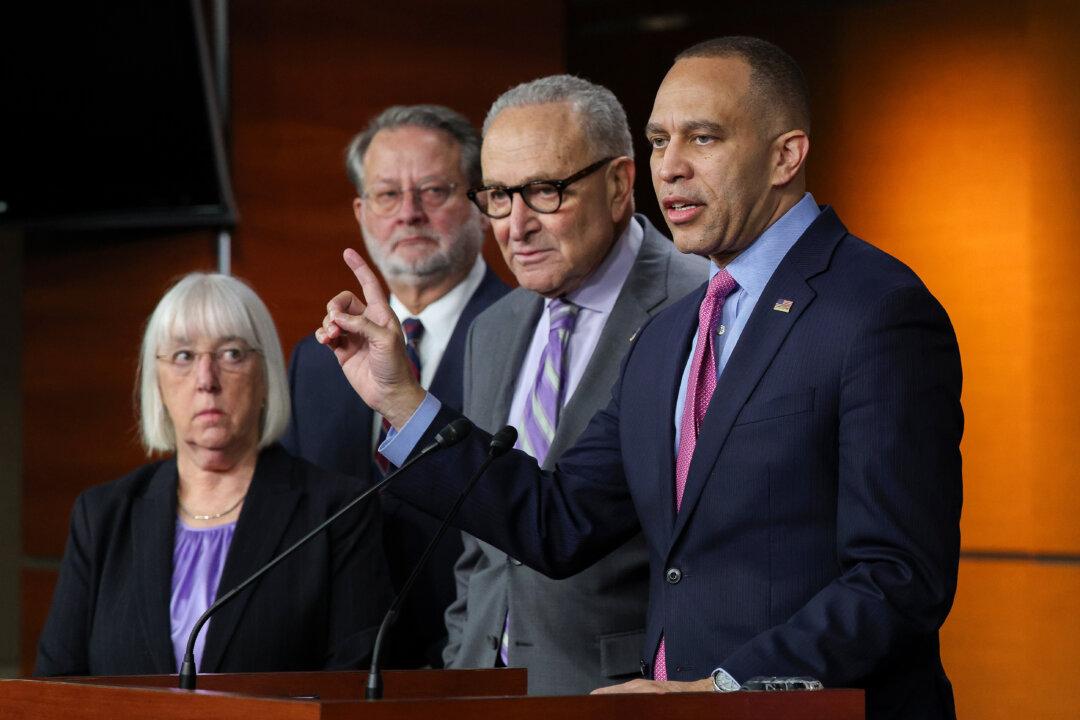A panel of judges from the U.S. Court of Appeals for the District of Columbia Circuit appeared to voice skepticism this week regarding the Federal Trade Commission’s (FTC) authority to unilaterally modify a 2019 settlement agreement with Meta Platforms Inc., formerly known as Facebook.
The settlement, which required Meta to pay a record $5 billion fine and enhance its privacy protections, is now the focal point of a legal dispute over the FTC’s attempt to impose additional obligations on the tech giant.





